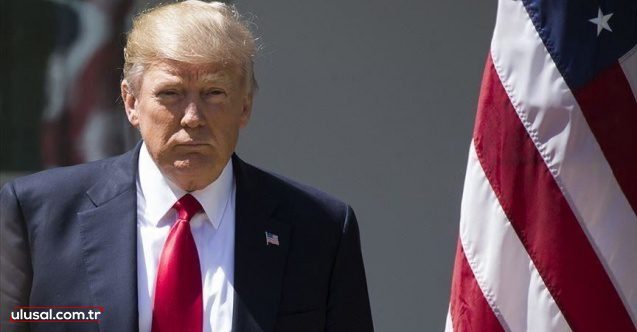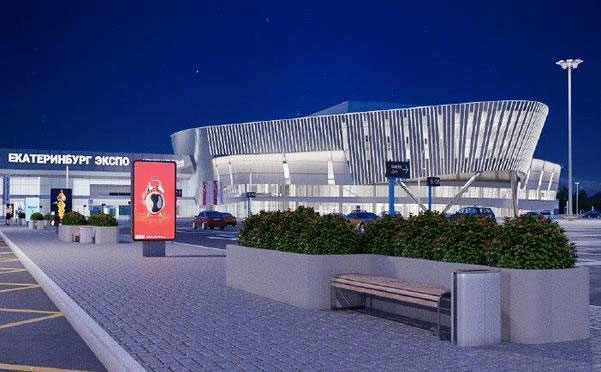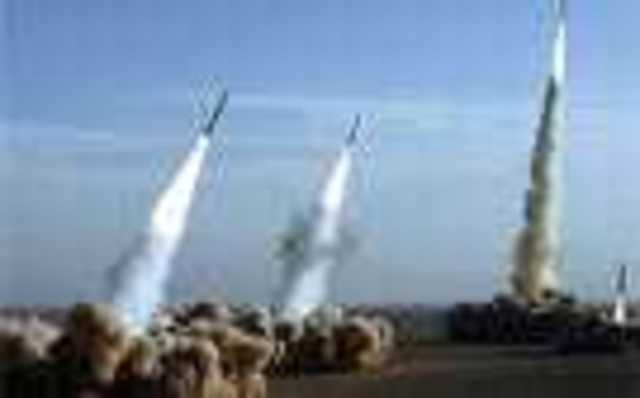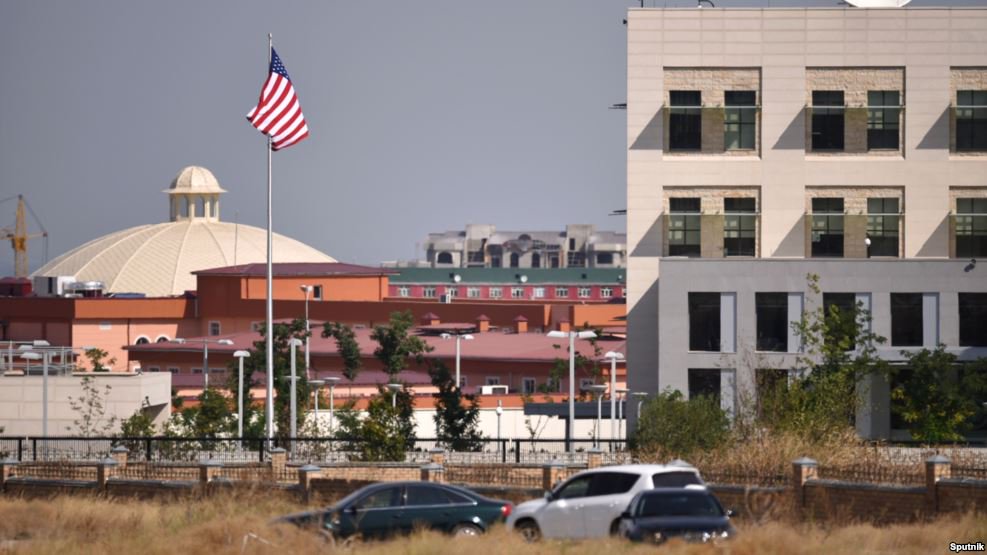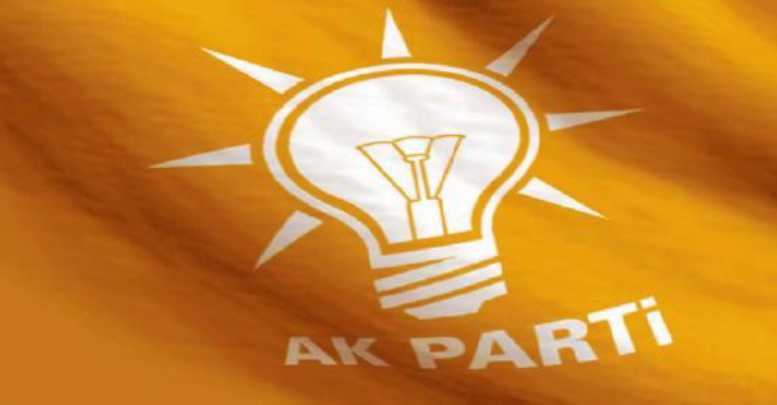Pres. Donald Trump is on the verge of making a serious mistake, jeopardizing the security of the United States and other NATO members if he decides not to sanction Turkey for purchasing Russian S-400 missiles which are incompatible with NATO military systems and expose the operational secrets of the latest F-35 U.S. air force jets.
The U.S. House of Representatives has passed three resolutions warning Turkey not to purchase the Russian missiles and has threatened to block the sale of F-35 jets to Turkey. In addition, Secretary of State Mike Pompeo and national security officials have publicly announced that the United States will impose severe sanctions on Turkey for purchasing the Russian missiles. Pres. Trump, an indecisive man and fond of all dictators and particularly Turkey’s despotic President Rejep Tayyip Erdogan, is on the verge of ignoring all his top advisors and the majority of Congress, allowing Turkey to violate the U.S. sanctions law.
On June 29, 2019, when the leaders of G-20 countries met in Osaka, Japan, Pres. Erdogan had a final chance to convince Pres. Trump not to punish Turkey for the purchase of the Russian missiles.
Here are excerpts of the alarming statements Pres. Trump made during his meeting with Pres. Erdogan in the presence of journalists:
Pres. Trump: “… It’s my honor to be with a friend of mine, somebody I’ve become very close to, in many respects, and he’s doing a very good job: the President of Turkey. And we have a meeting largely to do with trade. We’re doing more and more business, and we expect to be able to quadruple that business with Turkey. We think it will be great. They’re great craftsmen. They have great product. And we’re opening it up. We also do military trading, and they buy a lot of our military equipment. And it’s an honor to be with you, Mr. President.”
Then pointing to Pres. Erdogan’s entourage in the room, Pres. Trump said: “And look at these people, how nice they are. Look at them. They’re so easy to deal with. Look at them. Central casting. There’s no Hollywood set where you could produce people that look like them.”
Pres. Erdogan responded: “Mr. President, first, I would like to express that it’s very meaningful for us to come together here at the Osaka Summit. And we are currently going towards fulfilling the goal of a $75 billion trade volume. And there are many steps that we need to take within the defense industry area, but, more importantly, we have a strategic partnership. And the strategic partnership also encourages us to create solidarity across many areas, and I have full belief that our solidarity will continue throughout the strategic partnership.”
After these introductory remarks, Pres. Trump responded to reporters’ questions:
Reporter: “Mr. President, what will you do about the S-400s? Is the U.S. going to have to impose sanctions if he takes possession?”
Pres. Trump: “Well, we’re discussing it. We have a complicated situation because the President was not allowed to buy the Patriot missiles. So when he bought the other ones — the S-200s or 400s — when he bought them, he wanted to do this, but he wasn’t allowed by the Obama administration to buy them until after he made a deal to buy other missiles. So he buys the other missile and then, all of a sudden, they say, ‘Well, you can now buy our missile.’ You don’t — you can’t do business that way. It’s not good. It’s not good.”
Reporter: “Does that mean is there way — so could you….”
Pres. Trump: “We’re looking at different solutions. It’s a problem, there’s no question about it. We’re looking at different solutions. But he was prohibited from buying until he said he bought something else. And then, as soon as he buys something else, everybody says, ‘Okay. You can buy it.’ You can’t do business that way. Turkey has been a friend of ours and they’ve done — we’ve done great things together. We’re a big trading partner. We’re going to be much bigger. I think the $75 billion is small. I think it’s going to be well over $100 billion soon. You can’t treat people that way, like the Obama administration did….”
Reporter: “Will the U.S. impose sanctions against Turkey on S-400 purchase?”
Pres. Trump: “We’re looking at it. But it’s a double — it’s a two-way street. They wouldn’t sell the President — they wouldn’t let him — they wouldn’t let him buy the missile that he wanted to buy, which is the Patriot. And then, after he buys from somebody else, he says ‘Now we’ll sell you the Patriot.’ So, I have to tell you, he’s a NATO member, he’s somebody that I have become friendly with. And you have to treat people fairly. You understand that. You have to treat people fairly. And I don’t think he was treated fairly. I don’t think he was treated fairly.”
Reporter: “The ball is in your court though now, Mr. President. Will you? You’re the one who makes the decision. Will impose the sanctions?”
Pres. Trump: “So we’ll see you at the hotel at 3:30….”
Reporter: “Mr. President, are you going to Turkey in July? Will you be going to Turkey in July, Mr. President? When are you going to Turkey?”
Pres. Trump: “I will, at some point, be going to Turkey. I’ve been invited, and I will be — I will be going to Turkey, yes.”
Reporter: “This year, Mr. President? Will you go to Turkey this year? Will you go in July?”
Pres. Trump: “We haven’t set a date.”
It is shocking that Pres. Trump is siding with the Turkish leader against former Pres. Obama, the U.S. Congress and his own national security officials. Secondly, it is a lie that Pres. Obama had refused to sell Turkey U.S. Patriot missiles. Turkey did not accept the terms of the sale.
Just like in many of his decisions, Pres. Trump seems to be putting his personal interests — several million dollars of income for having his name on two Trump buildings in Istanbul — ahead of U.S. national interests. Why would he repeatedly praise Erdogan, a dictator and a major human rights violator?
At the time of writing this article, the Russian missiles were already on their way to Turkey. What will be Pres. Trump’s final decision on sanctions? Will he damage NATO’s and U.S. national interests just to please Erdogan? If he does, I hope no Armenian-American or anyone else will vote for Trump in 2020!

